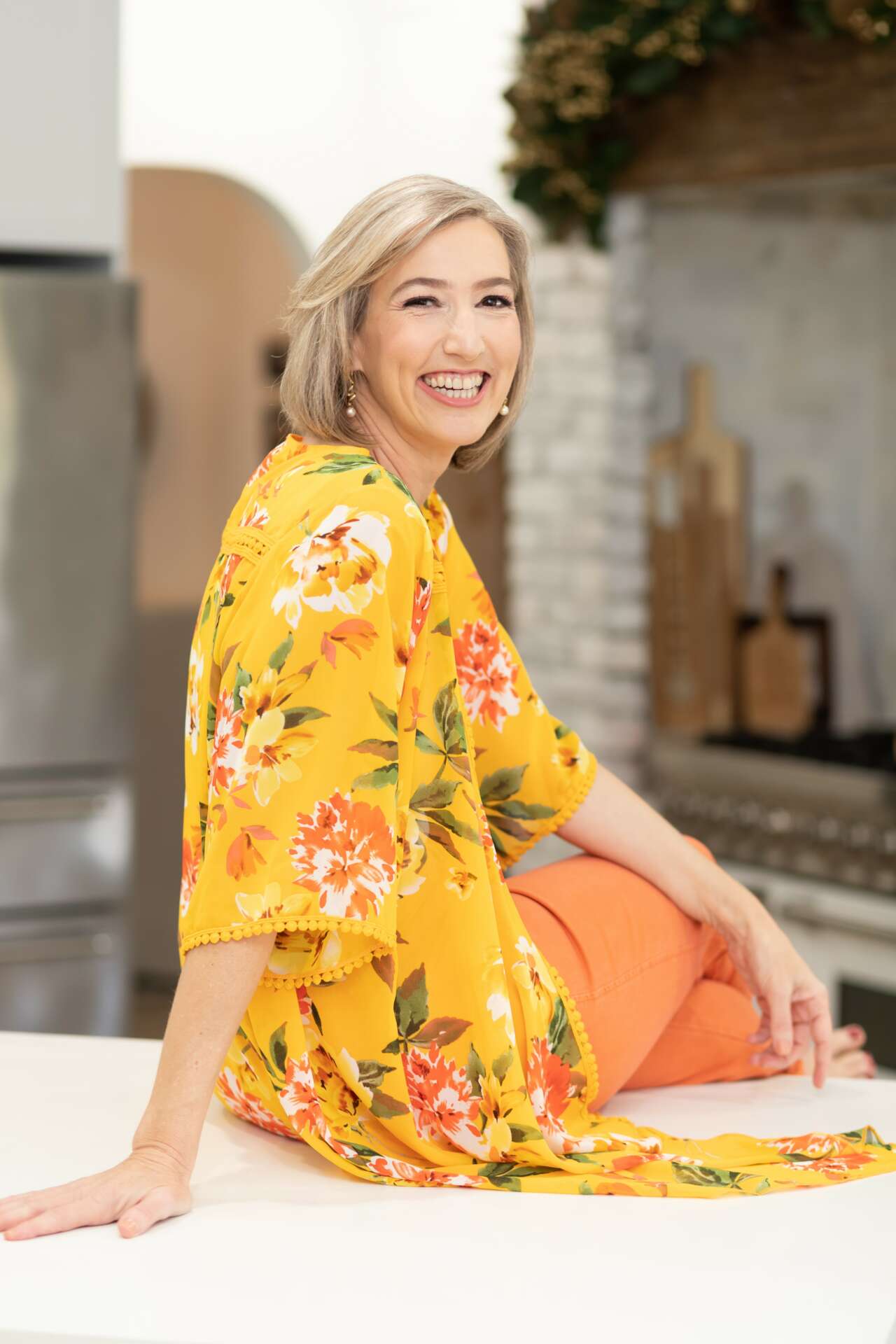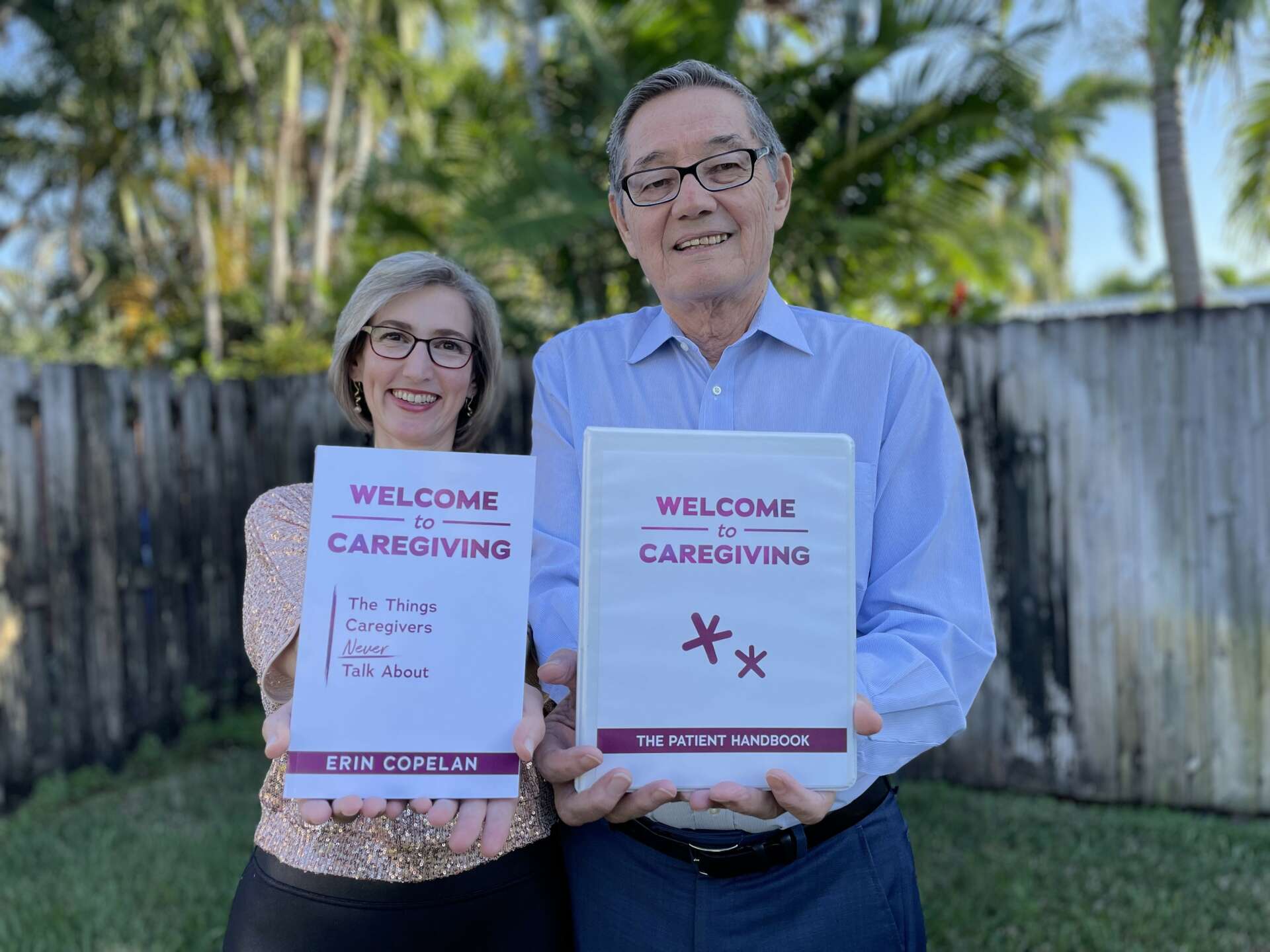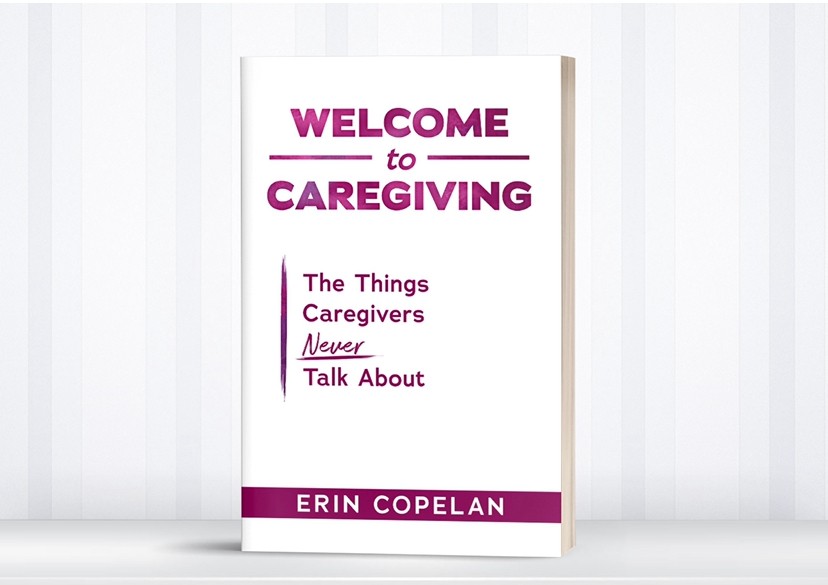We caught up with the brilliant and insightful Erin Copelan a few weeks ago and have shared our conversation below.
Erin, thanks for joining us, excited to have you contributing your stories and insights. Let’s talk legacy – what sort of legacy do you hope to build?
When I first became a Caregiver (always a capital C in my world, because it’s important), I felt very isolated. People don’t really know what it’s like to be a Caregiver. Why? Because Caregivers don’t talk about it. That’s what I’d like my legacy to be. That I will inspire other people to share their stories, write their books, and talk to younger generations. My big dream is that Caregivers will be better supported by our nation, with more support from lawmakers, insurance companies, and corporations. If even just one person can say, “Erin helped make my journey a little easier,” I know I will have done my part.

Erin, before we move on to more of these sorts of questions, can you take some time to bring our readers up to speed on you and what you do?
No one really (truly) plans to be a Caregiver. We might make vague assumptions – we know our parents are older than us – and in my case, I was very well aware that my husband was older than me too. Yet, decades before I thought I would have to provide this level of care, my husband was diagnosed with liver cancer, and underwent a successful liver transplant. Just as I didn’t anticipate how our lives would change (oh WHERE was my crystal ball?!), I also didn’t foresee that I would have a visceral need to share my story and create tools and resources to help other Caregivers.
The dream first started with The Patient Handbook, an organizational tool I developed to help Caregivers better communicate with their patients and medical professionals. Being organized helps me tame my Caregiver anxiety, and being able to make the most of our precious time with our medical teams was really important to me. At the time there was really nothing but a standard calendar notebook available to me, and it just wasn’t enough. This tool helps Caregivers keep track of appointments, take a mindful approach to helping patients identify how they are feeling, it offers pages with prompts to make sure you hit all the points with doctors, and it comes complete with a section for gratitude to help keep things grounded.
Next came the book. “Welcome to Caregiving: The Things Caregivers Never Talk About,” is exactly that. Nothing is off limits. From medical errors, to sharing my experience from a hindsight perspective, to sex, to PTSD, it’s all in there. This book is not a how-to guide. It’s a “you’re not alone,” book, created straight from my heart.
Coming in the Spring of 2024 I will be offering a new program that will help support different types of Caregivers by focusing on the pillars of Feelings, Movement, and Pause. This community will offer access to downloads, videos, and live gentle accountability (if desired). It’s a place Caregivers will be able to come when they are in the thick of their journey as well as part of their recovery.
No, I didn’t grow up dreaming of offering Caregiver support, but the work I’m doing lights up my soul like nothing else I could have imagined.

Have you ever had to pivot?
My entire Caregiving experience has been a series of pivots and re-adjustments. I have been the sole Caregiver for my husband for well over a decade. Because we moved a few times along the way: from California to Texas, then Texas to Florida, I also have the unique perspective of having worked with four different medical teams in three different states. We went through the transplant intake process four times. That is a lot of hospitals, doctors, nurses, and medical professionals all the way around.
Do you remember your last move? The sore muscles, stress, lost boxes? Finding the gas station that’s on the correct side of the street… learning the new aisles of the grocery store? Every element, no matter how miniscule it may seem, requires a pivot. A change in perspective.
Caregiving is very similar. Each hospital has their own system, way of doing things, and different personalities. Every diagnosis, treatment, and recovery raises a new set of challenges and emotions. All require a pivot. Some are easier than others.
While we can be resilient, the constant change can be exhausting, which is why greater support is needed for the Caregiving community.

How’d you build such a strong reputation within your market?
My vulnerability. I just put it all out there, hoping others will be inspired to share their experiences as well. And my humor. I have a way of talking about really difficult, awkward things, and weaving a giggle in here or there to help people connect with the message in a way that doesn’t feel oppressive. Plus fairy hair. Sparkles in your hair just make the world a happier place. :)

Contact Info:
- Website: www.ErinCopelan.com
- Instagram: www.instagram.com/erin_copelan
- Linkedin: www.Linkedin.com/in/erincopelan
- Youtube: @erin_copelan


